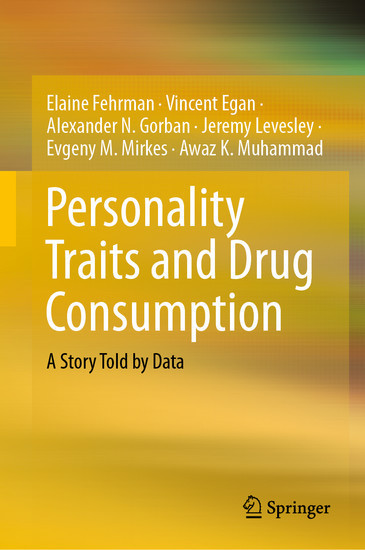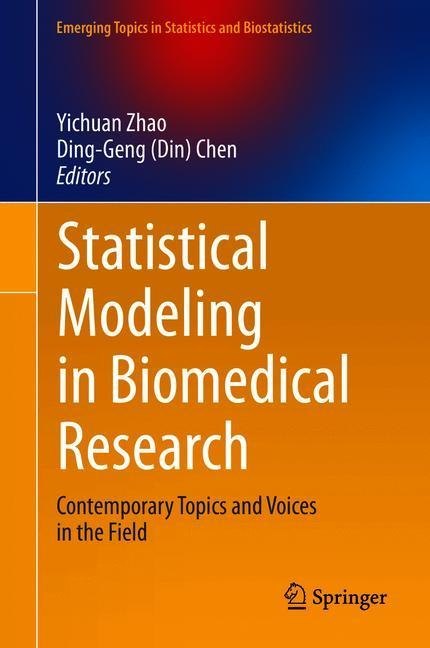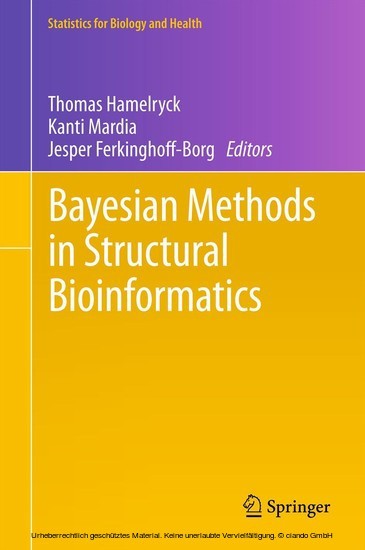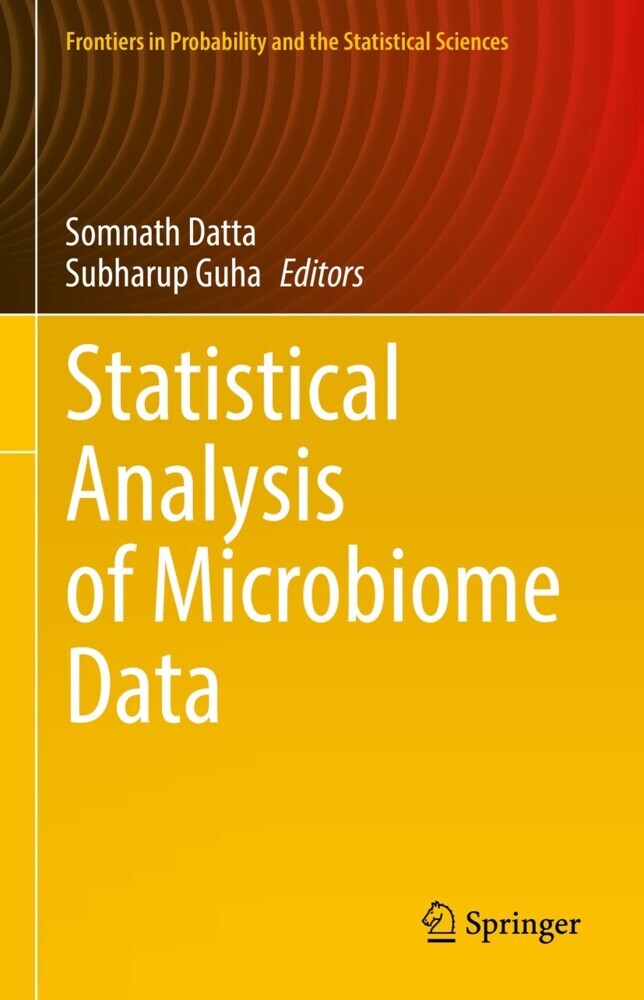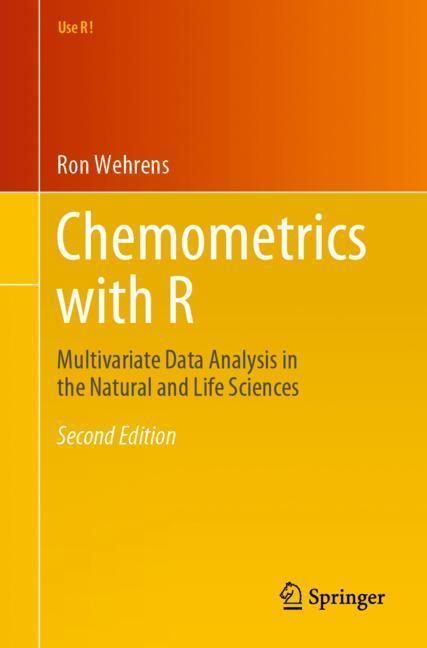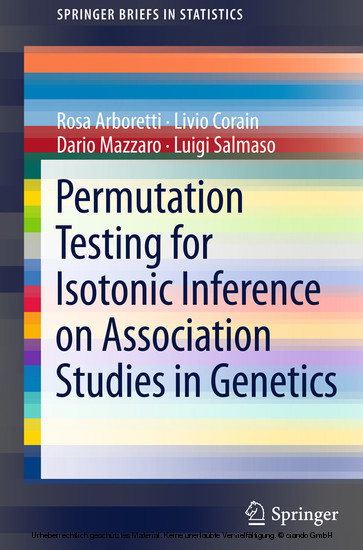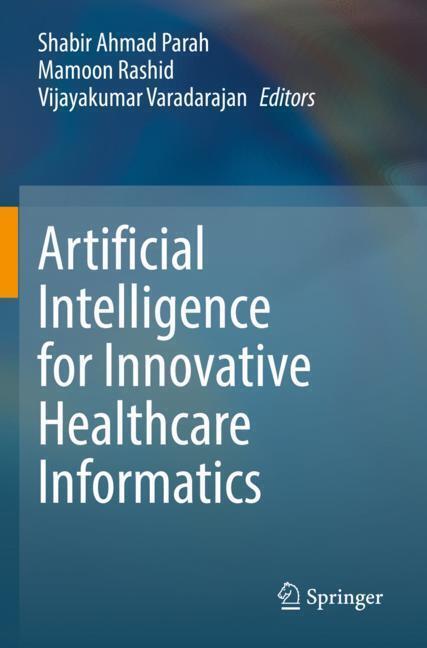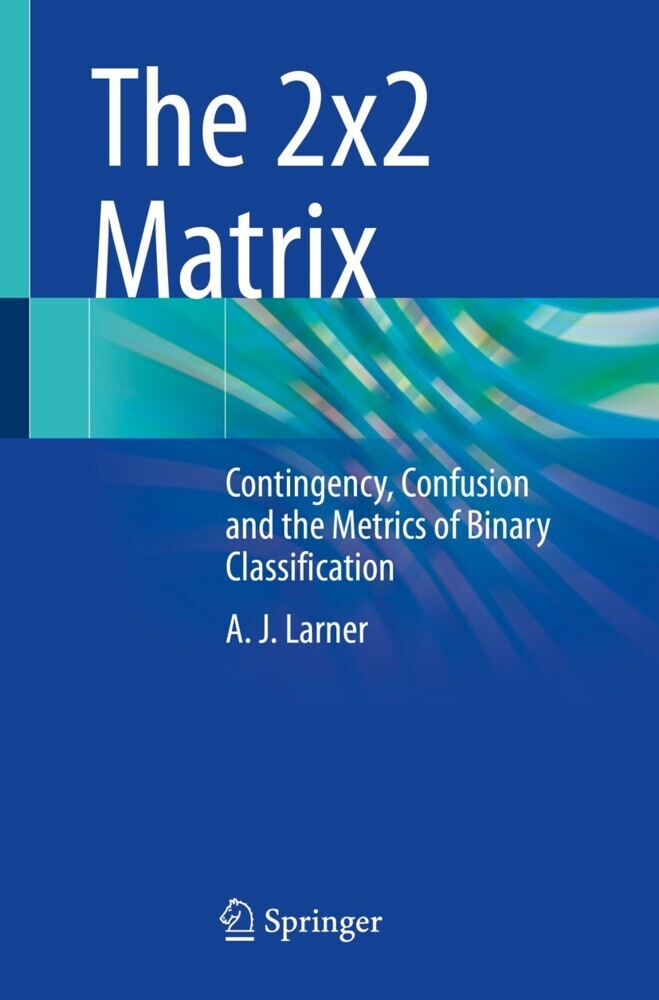Personality Traits and Drug Consumption
This book discusses the psychological traits associated with drug consumption through the statistical analysis of a new database with information on 1885 respondents and use of 18 drugs. After reviewing published works on the psychological profiles of drug users and describing the data mining and machine learning methods used, it demonstrates that the personality traits (five factor model, impulsivity, and sensation seeking) together with simple demographic data make it possible to predict the risk of consumption of individual drugs with a sensitivity and specificity above 70% for most drugs. It also analyzes the correlations of use of different substances and describes the groups of drugs with correlated use, identifying significant differences in personality profiles for users of different drugs.
The book is intended for advanced undergraduates and first-year PhD students, as well as researchers and practitioners. Although no previous knowledge of machine learning, advanced data mining concepts or modern psychology of personality is assumed, familiarity with basic statistics and some experience in the use of probabilities would be helpful. For a more detailed introduction to statistical methods, the book provides recommendations for undergraduate textbooks.
Elaine Fehrman (BSc (Hons), BA DipSW, MSc, MBPsS) is employed as an HCPC-registered Advanced Practitioner at Rampton Hospital, which is one of three high secure hospitals in England and Wales. She is the substance misuse treatment clinical lead for the National High Secure Healthcare Service for Women at Rampton Hospital, and has several years of clinical practice experience working with offenders with mental health problems in low, medium, and high security hospitals, in the community, and in prison. She has a keen interest in improving the recovery and treatment outcomes for patients. Elaine is currently completing her Doctorate in Forensic Psychology, and is undertaking research to investigate the psychological sequelae of trauma in high risk mentally disordered offenders with substance misuse issues, and to determine if gender differences exist. The research will have important implications for informing treatment interventions at Rampton Hospital with this cohort with interrelated mental health issues.
Vincent Egan (PhD, D Clin Psy, AfBPS, HCPC) is an associate professor of forensic psychology practice in the Department of Psychiatry and Applied Psychology at the University of Nottingham, and an HCPC-accredited forensic and clinical psychologist. He obtained a BSc (Honours) degree in Psychology from the University of London in 1984, A PhD in Psychology from the University of Edinburgh in 1991, and a Doctorate in Clinical Psychology from the University of Leicester in 1996. After postdoctoral work at the Department of Psychiatry at the University of Edinburgh, he was employed as a clinical psychologist by the Central Nottinghamshire Health Service NHS Trust at the East Midlands Centre for Forensic Mental Health, then became director of the MSc in Forensic Psychology at Glasgow Caledonian University, and then director of the accredited course in Forensic Psychology at the University of Leicester.
Alexander N. Gorban (PhD, ScD, Professor) has held a Personal Chair in applied mathematics at the University of Leicester since 2004. He worked for the Russian Academy of Sciences, Siberian Branch (Krasnoyarsk, Russia), and ETH Zurich (Switzerland), was a visiting professor and research scholar at Clay Mathematics Institute (Cambridge, MA), IHES (Bures-sur-Yvette, Ile de France), Courant Institute of Mathematical Sciences (New York), and Isaac Newton Institute for Mathematical Sciences (Cambridge, UK). His main research interests are machine learning, data mining and model reduction problems, dynamics of systems of physical, chemical and biological kinetics, and biomathematics. He has been accorded the title of Pioneer of Russian Neuroinformatics (2017) for his extraordinary contribution to theory and applications of artificial neural networks and received a lifetime achievement award (MaCKIE-2015) in recognition of his outstanding contributions to the research field of (bio)chemical kinetics.
Jeremy Levesley (PhD, FIMA) is a professor at the Department of Mathematics at the University of Leicester. His research area is kernel based approximation methods in high dimensions, in Euclidean space and on manifolds. He is interested in developing research at the interface of mathematics and medicine, and sees interpretation of medical data sets as a key future challenge for mathematics.
Evgeny M. Mirkes (PhD, ScD) is a research fellow at the University of Leicester. He worked for the Russian Academy of Sciences, Siberian Branch, and the Siberian Federal University (Krasnoyarsk, Russia). His main research interests are biomathematics, data mining and software engineering, neural networks, and artificial intelligence. He has led and supervised numerous medium-sized research and industrial projects in data analysis and development of decision-support systems for pattern recognition, computational diagnosis and treatment planning.
Awaz K. Muhammad is a PhD student in applied mathematics at the University of Leicester, a lecturer (on leave) at University of Salahaddin, Erbil, Kurdistan Region, Iraq, and a certified SAS programmer. She was awarded her BSc degree in mathematics in 2004, and MSc degree in mathematics in 2010 from the University of Salahaddin, Erbil, Iraq. Her PhD viva was held in autumn 2017 in Leicester. Her main research interests are statistical programming, statistical analysis of big data sets, and reliable and robust statistical inference.
Fehrman, Elaine
Egan, Vincent
Gorban, Alexander N.
Levesley, Jeremy
Mirkes, Evgeny M.
Muhammad, Awaz K.
| ISBN | 9783030104429 |
|---|---|
| Artikelnummer | 9783030104429 |
| Medientyp | E-Book - PDF |
| Copyrightjahr | 2019 |
| Verlag | Springer-Verlag |
| Umfang | 168 Seiten |
| Sprache | Englisch |
| Kopierschutz | Digitales Wasserzeichen |

